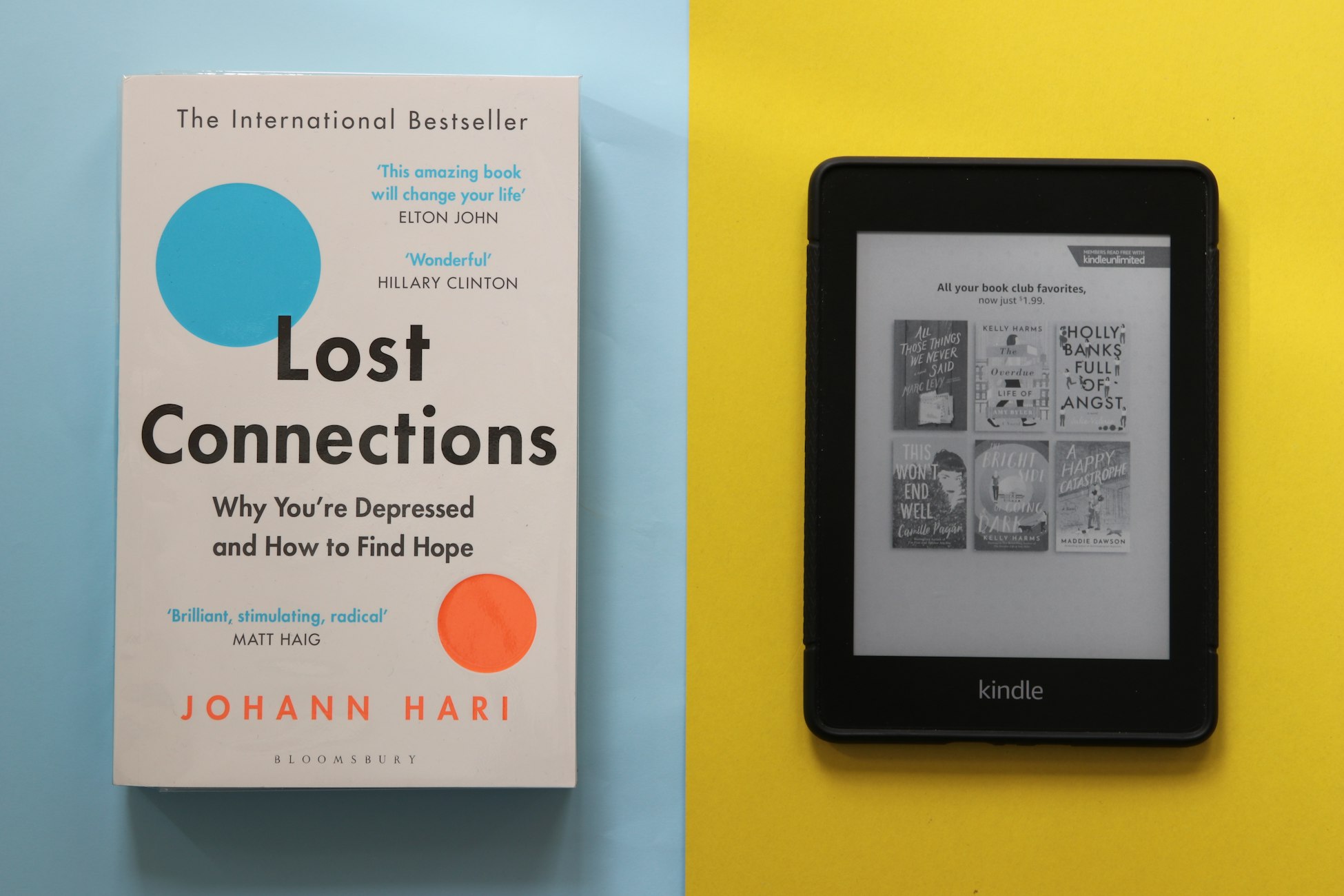From paper pages to the infinite cloud: the evolution of reading in the 21st century


Introduction
In the 21st century, the way we consume literature has undergone a dramatic transformation, shifting from traditional paper pages to the vast expanse of the digital cloud. This evolution of reading habits has been shaped by the rise of digital reading trends, the proliferation of eBooks and online reading platforms, and the emergence of cloud-based libraries, all of which have revolutionised the modern reading experience.
The Rise of eBooks
One of the most significant changes in the world of literature has been the emergence of eBooks, which offer readers the convenience of carrying an entire library in the palm of their hand. The eBooks vs print books debate has been a hot topic among book lovers, with each format offering its own unique advantages. While some readers still prefer the tactile experience of turning physical pages, others have embraced the convenience and portability of digital reading.
Access to Literature Through Digital Platforms
With the advent of online reading platforms and cloud-based libraries, readers now have access to an unprecedented wealth of literary content at their fingertips. These platforms have made it easier than ever to discover new authors, genres, and stories, while also providing a space for readers to connect with one another and discuss their favourite books.
Technology Enhancing the Reading Experience
The rise of reading technology has also played a key role in shaping the future of books. From e-readers to audiobooks, modern readers have a wide range of tools at their disposal to enhance their reading experience. These technologies have made reading more accessible to a wider audience, allowing people to enjoy literature in new and innovative ways.
The Digital vs Traditional Reading Debate
However, as digital reading continues to gain popularity, some have raised concerns about the potential impact on traditional reading habits. While digital reading offers unparalleled convenience and flexibility, some argue that it lacks the immersive and tactile experience of reading a physical book. As we navigate this digital vs traditional reading divide, it is important to remember that both formats have their own unique strengths and value.
The Future of Books
Looking ahead, the future of books is likely to be shaped by a combination of digital and traditional reading practices. As technology continues to evolve, readers can expect to see new and exciting innovations that enhance the reading experience and expand the possibilities of storytelling. Whether you prefer to curl up with a classic novel or dive into the latest bestseller on your tablet, one thing is certain: the world of literature is more vibrant and diverse than ever before.
The Timeless Power of Storytelling
Ultimately, the evolution of reading in the 21st century reflects a fundamental shift in how we interact with literature and storytelling. The digital landscape has opened up new avenues for creativity, collaboration, and exploration, allowing readers to engage with books in ways that were once unimaginable.
As we embrace these changes and navigate the complexities of the digital age, it is important to remember the enduring power of storytelling. Whether we are reading a cherished childhood classic or discovering a new voice in contemporary literature, books have the ability to transport us to different worlds, challenge our perspectives, and inspire us to think critically about the world around us.
Conclusion
While the future of reading may look different than it did in previous centuries, the essence of the reading experience remains constant. Whether we are flipping through the pages of a beloved paperback or scrolling through the digital pages of an eBook, the act of reading itself is a timeless and enduring pleasure that will continue to enrich our lives for generations to come.